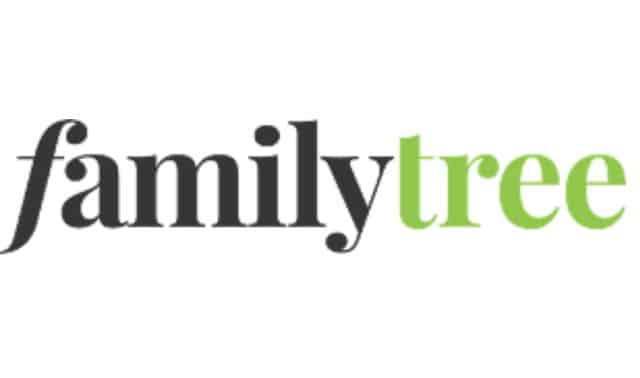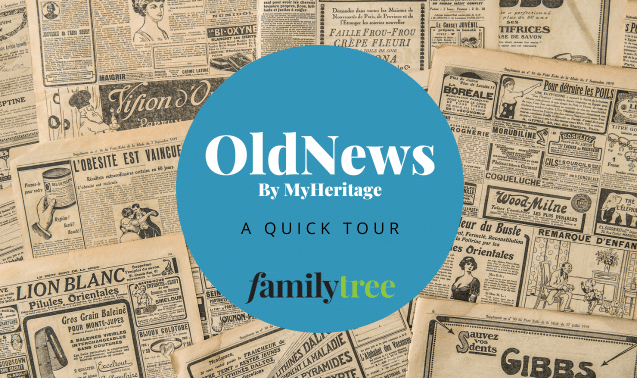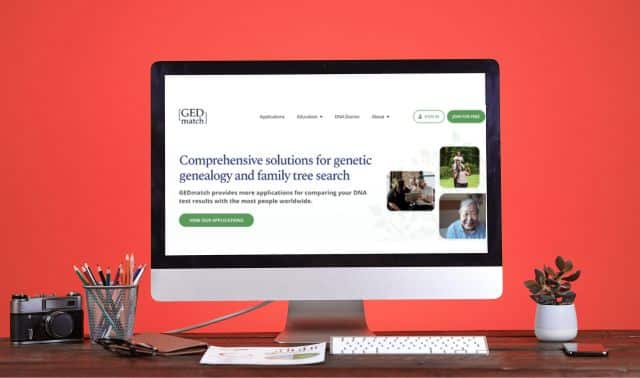More than 30 years ago, John Adler noticed a New York Times advertisement touting duplicate volumes of Harper’s Weekly — the leading illustrated paper of record in the 19th century. So he seized the opportunity, and bought a set of the newspapers, published between 1857 and 1916, for about $10,000. Once Adler had amassed his impressive collection, he decided to tackle a massive public-service effort. “Nobody knew what was in these Harper’s Weeklys,” he says. “I decided to get them manually indexed so people would know what was there.” Last year, after about a decade of hard work, he launched HarpWeek <www.harpweek.com>, a Web site featuring the content of his Harper’s Weekly collection.
What makes this Web site so useful? HarpWeek gives you an insider’s look at the events that affected 19th-century American society — including your ancestors. Here, you can access — for free — Harper’s Weekly articles about Andrew Johnson’s presidency and impeachment, relations between Russians and Americans from 1863 to 1905, the 19th-century tobacco controversy and the African-American struggle for racial equality from 1857 to 1874. Educational institutions also can subscribe to a database of newspapers published from 1857 to 1912. But Adler’s favorite resource is the site’s more than 2,000 political cartoons drawn by Thomas Nast, who created the GOP elephant and popularized the Democratic donkey. The HarpWeek collection features Nast cartoons from 1862 to 1886, which visitors can view by clicking on Cartoon of the Day.
Another Web site worth surfing is Adler’s Lincoln and the Civil War <www.lincolnandthecivilwar.com>, which won the $50,000 Gettysburg College E-Lincoln Prize earlier this year. Indexers scanned high-resolution images of more than 40,000 donated pages of text and illustrations for the site’s launch in March 2001. In addition to free access to materials depicting 1860 Civil War history, the site features 10 satirical publications, the most complete runs available of the New York Illustrated News and the Southern Illustrated News, and 17 publications even the Library of Congress doesn’t possess. You an experience the 1860 presidential election by browsing campaign publications for Abraham Lincoln, John Bell, Stephen A. Douglas and John C. Breckenridge.




